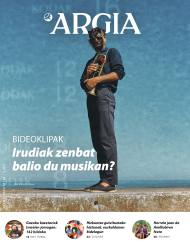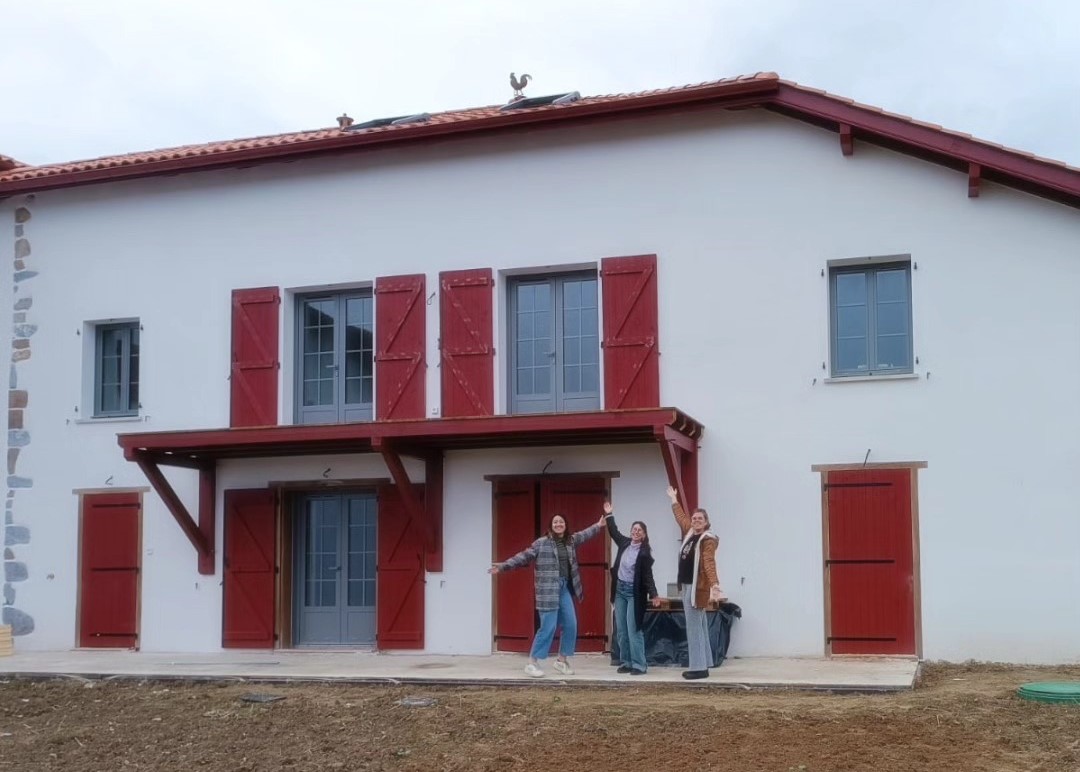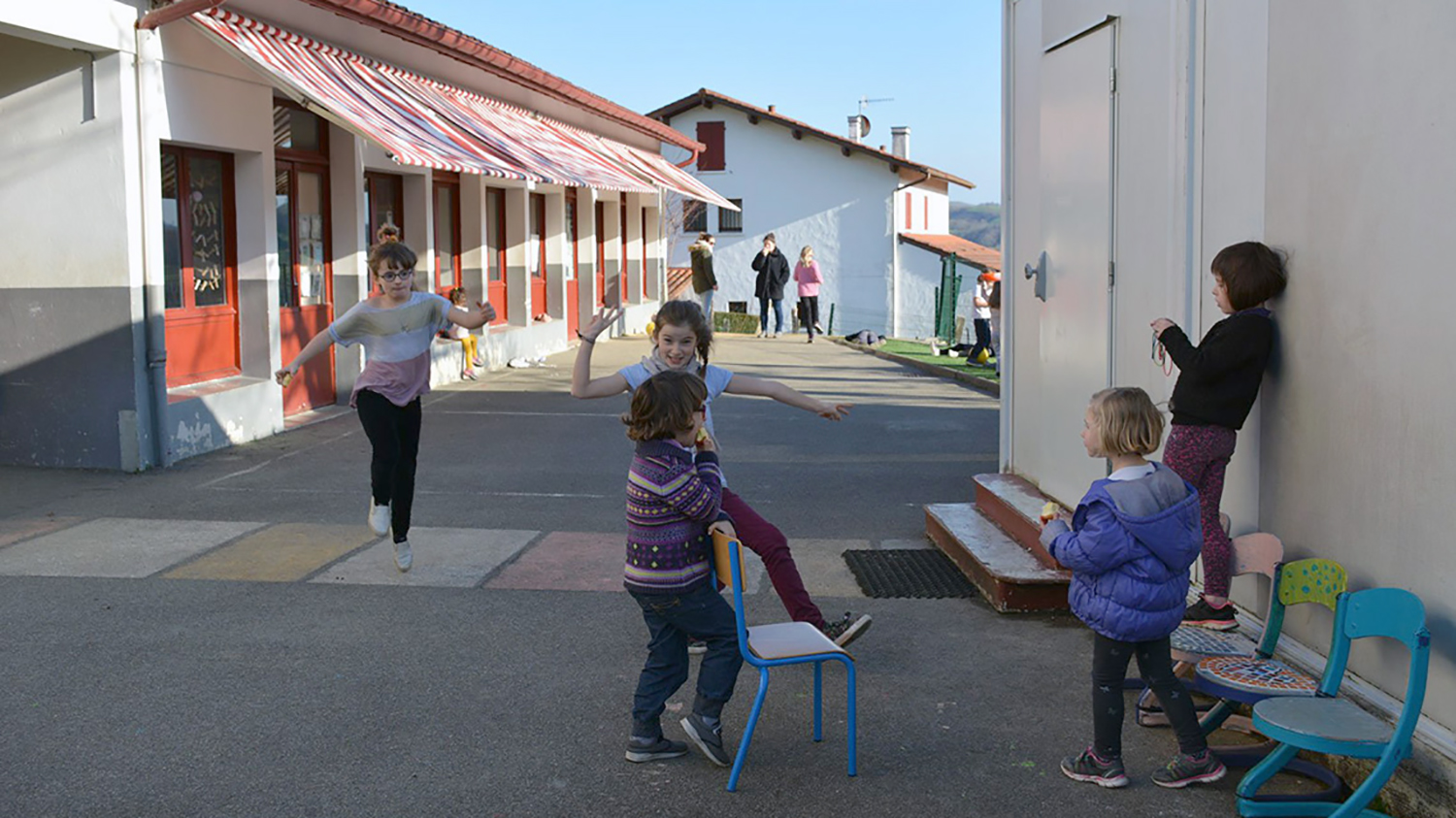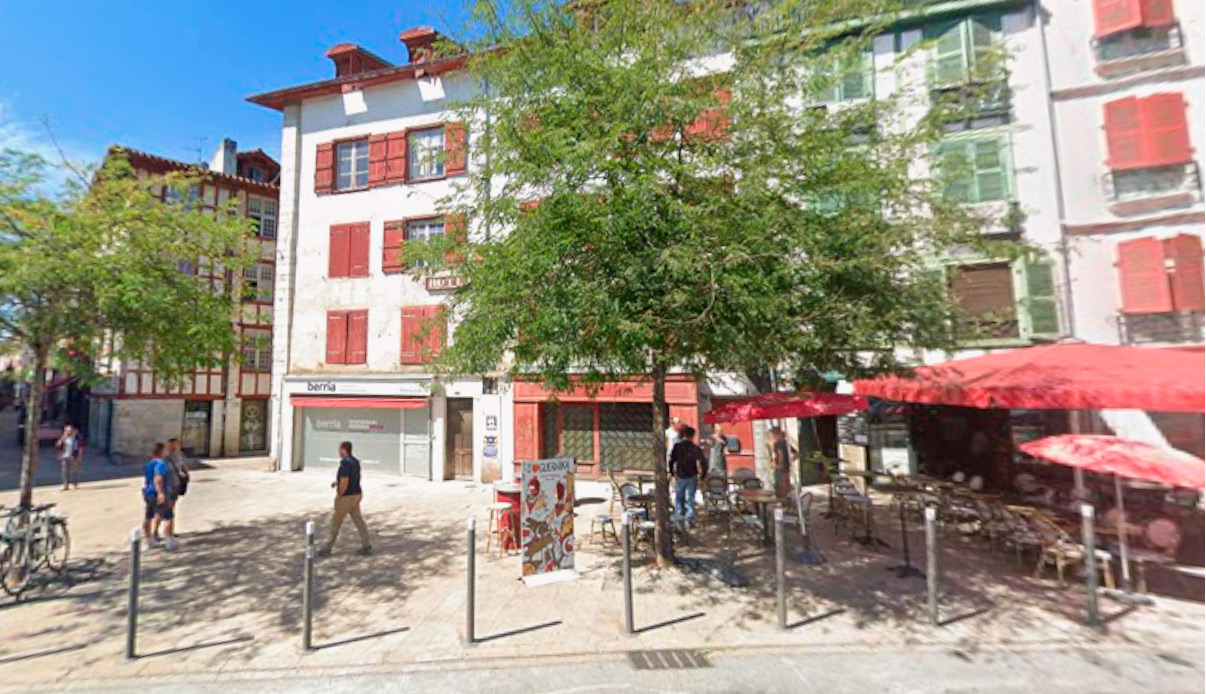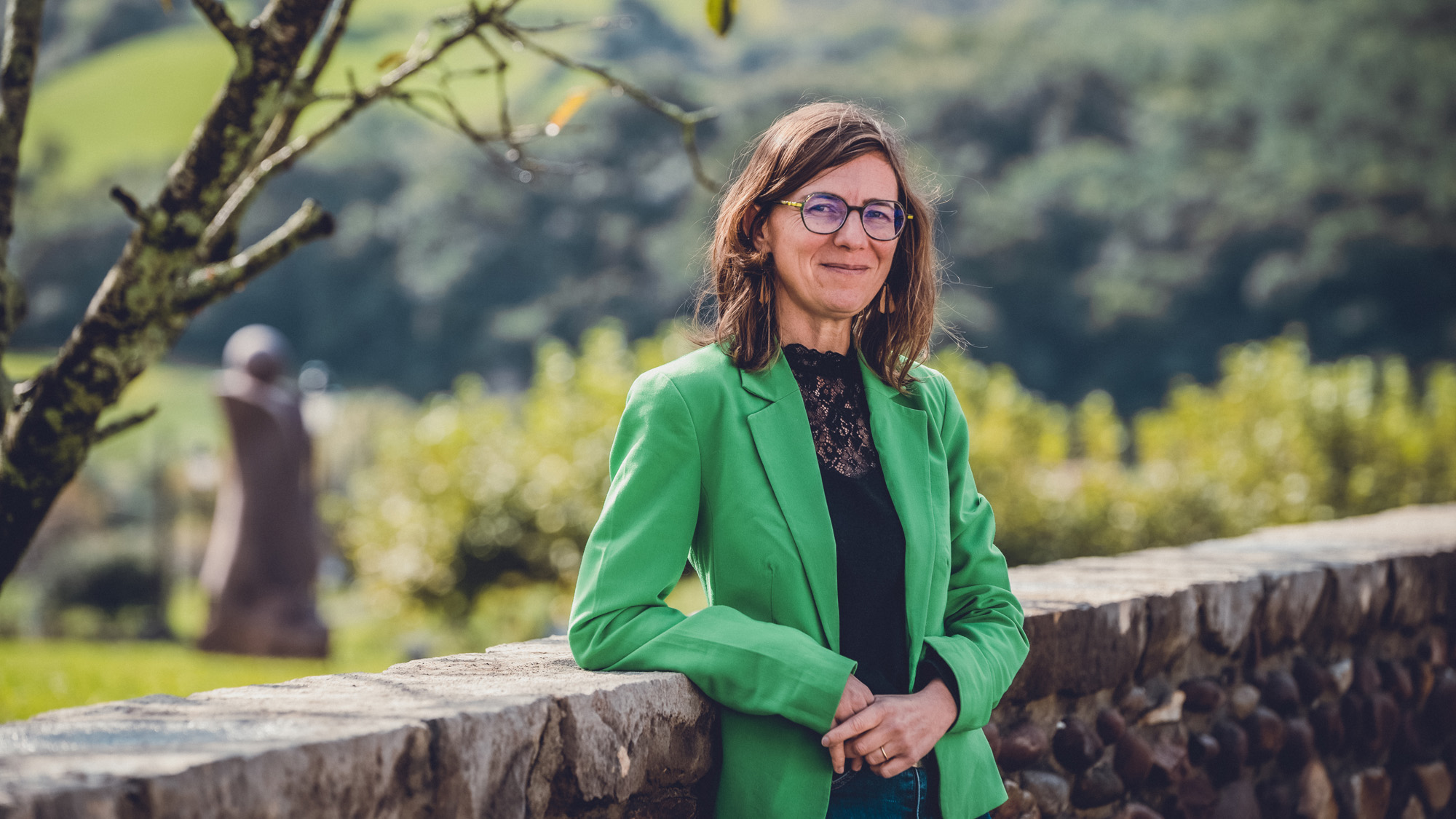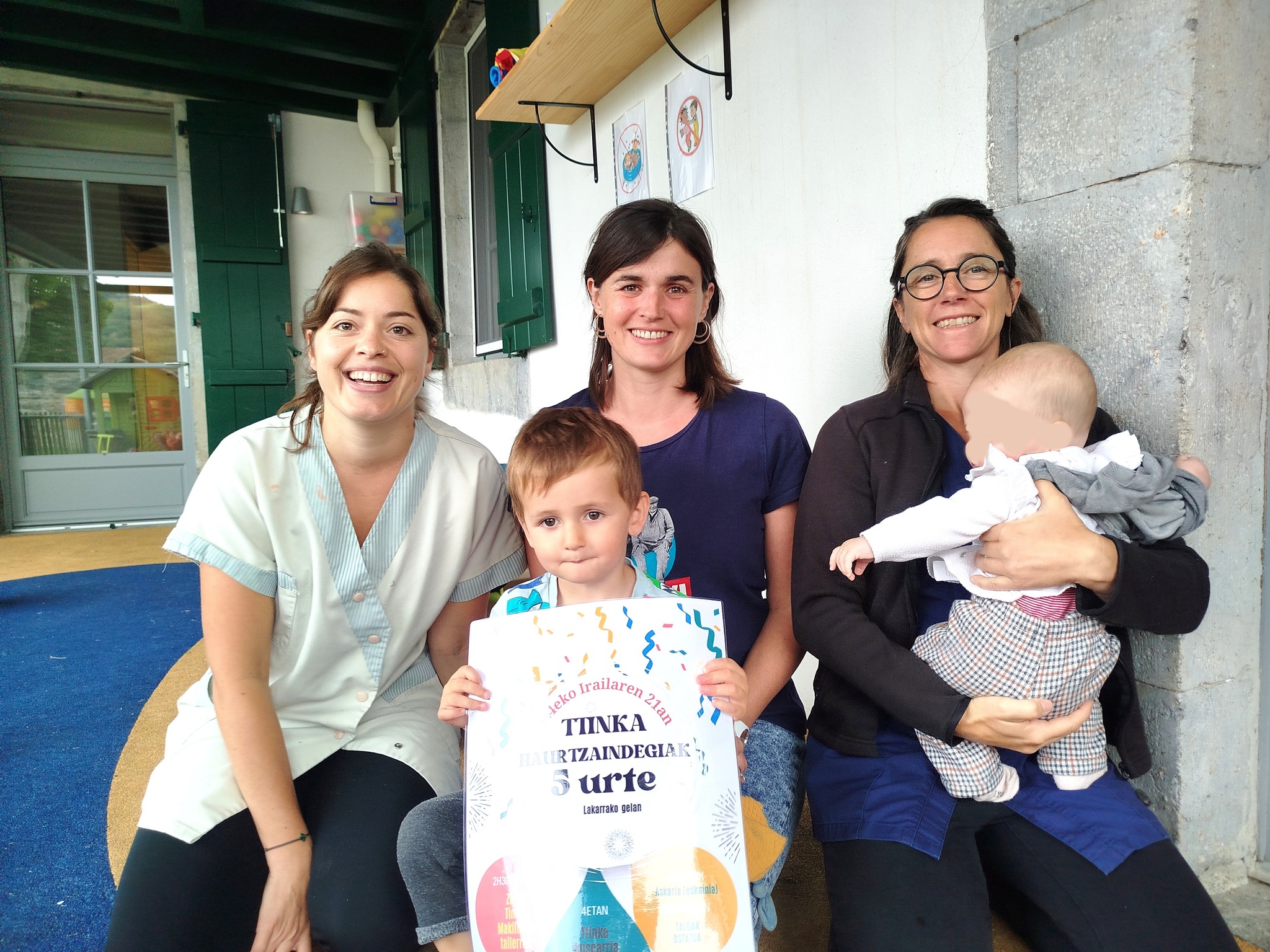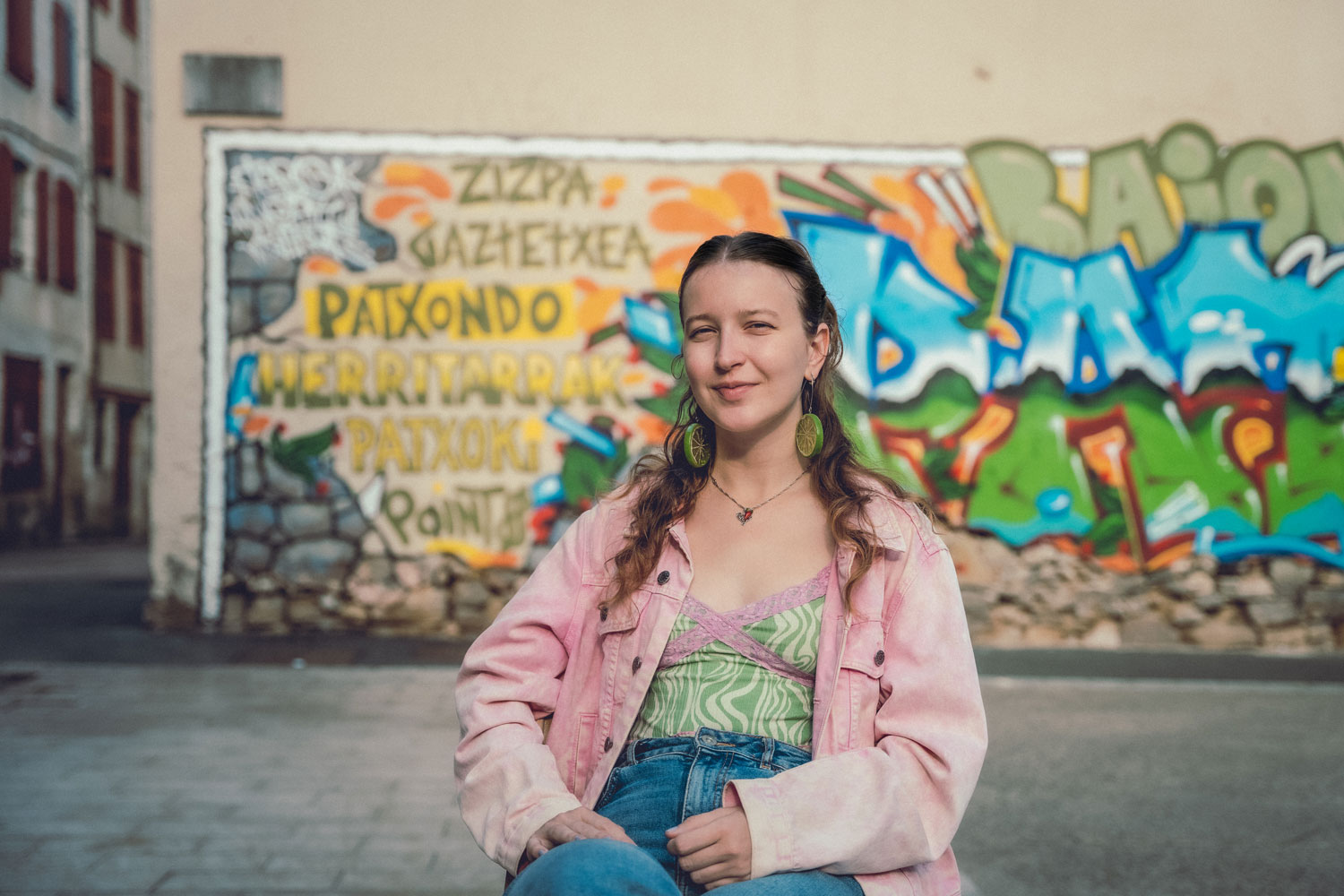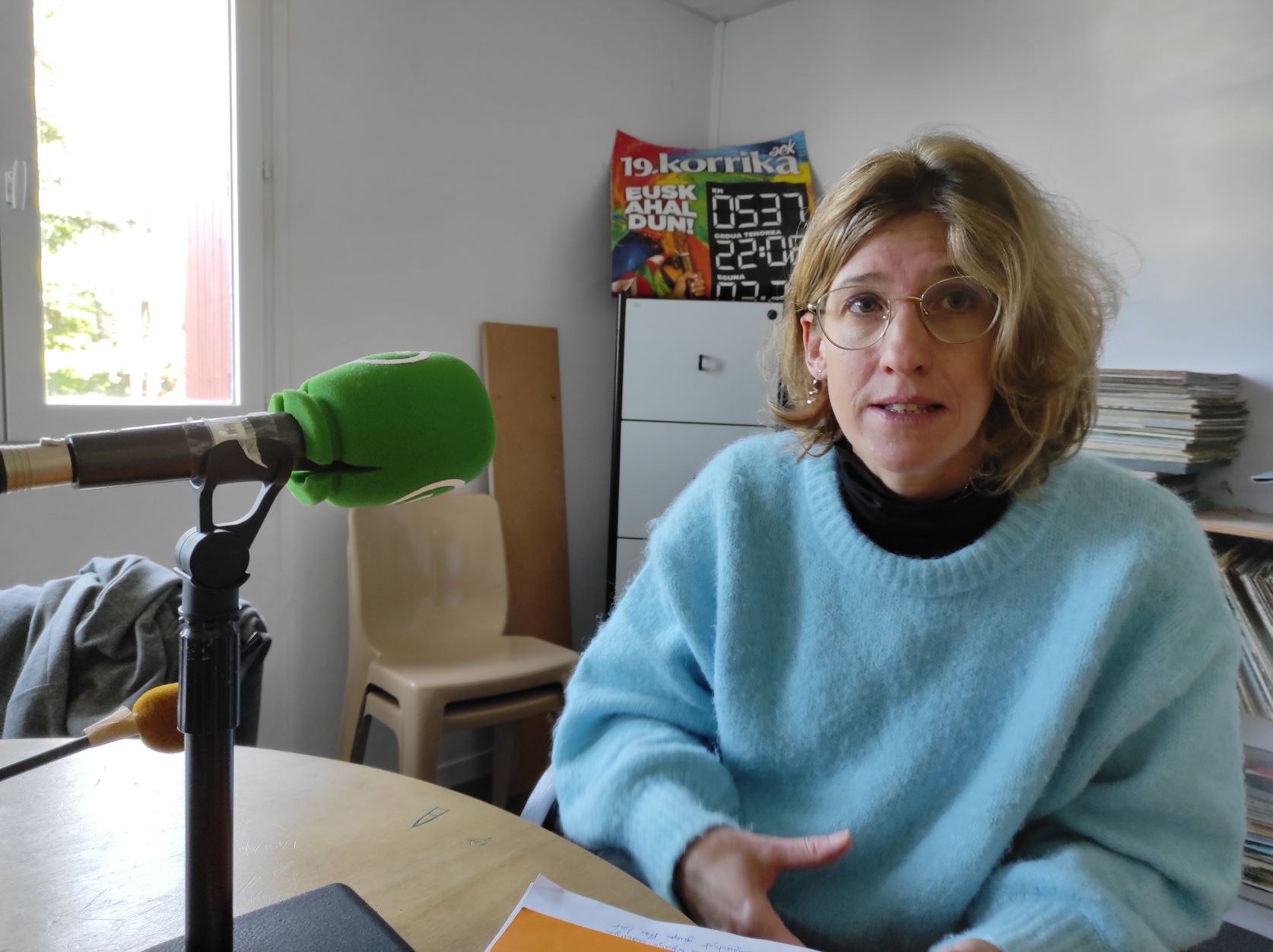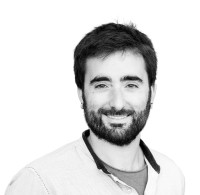"The juice purely eliminates sexual identity and the lung builds"
- Anne-Marie Lagarde has completed her doctoral thesis on matriarchy and in our case she is a specialist in the field. In one, prima, in the other cadet, he describes and interprets the situation of the matriarchy of our peoples, explaining the matriarchal formulas that exist in the world and starting from his surprising personal history.
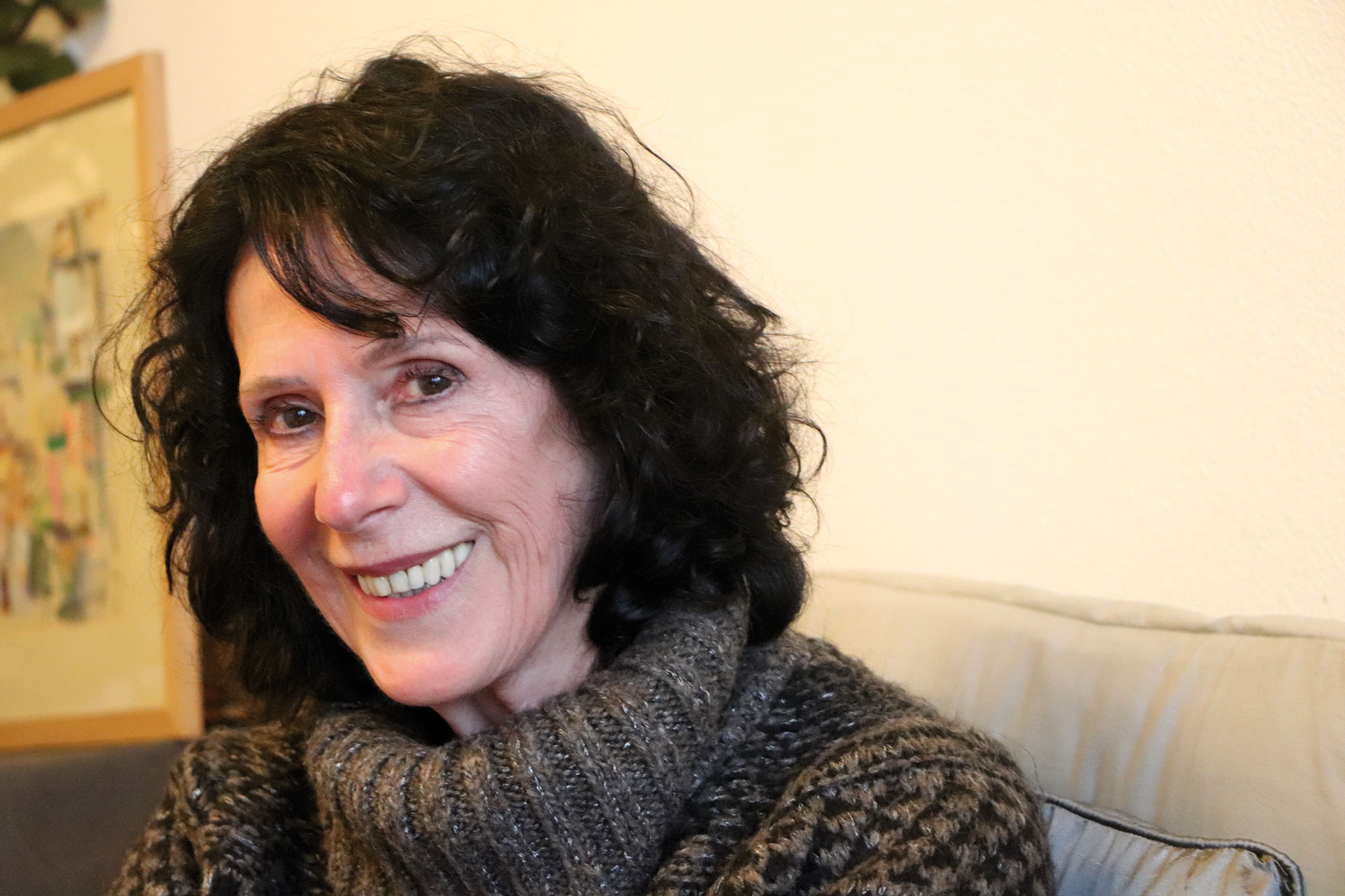
What do
you say, you're acculturated? Acculturation is the acquisition of a culture that is not ours, to the detriment of ours. You acculturated? Yes, I am, very acculturated… I speak badly in Basque, I don’t dominate the verbs, I leave many mistakes… I know! Once, my tantta said to me, “Or, I thought you were going to go from night class to speak Basque well, but you really speak bad.” And again, in Atharratz, little boy Maddi also said that. We spoke in Euskera, and I said to my parents in front of me, “Nine, which is the name of my childhood time, which is Nine, and in Zuberoa I am still, it really ruins Euskera!” This is what four-year-old Maddi said: “Nine ruined the Basque!”
I think it's a pollite shape, but it's wrong. I read Euskera, but the simplest is to
read a work of anthropology or linguistics than to read a novel: I lose the aisa between metaphors and the like. I need a lot of time to read a novel. I have read the book by Amaiur Epherren [Profeten iruzurra, May, 2021]. Amaiur writes very well, but I've spent a lot of time reading his book! But Maddi Anne lives in the heart of Ene de Txoperena… On the other hand, I have many obstacles to read the newspaper, sometimes I do not understand anything, I need to go to the letter of the dictionary! That's why I declare myself acculturated! I have a lot of feeling for the Basque Country, for the Basque country, but I cannot have a Basque culture. Acculturated!
We created you in Zuberoa…
In Liginaga, about Atharratze. Do you know the place?
Dominique Laxalt, father of the famous American writer Robert Laxalt, was born there… The laxaltars
founded in Astuen, next to Liginaga! Displaced to America.
He was born in Liginaga, didn't the Basque pass him? Yeah, but I really lost it in the morning. I was born by chance in Liginaga, where my
father and mother were married in Pau. My father was Bearnés. Parents married in 1942, in the last century. My father was a gambler -- poker, etc. -- and on wedding day they ate gendarmes to arrest my father. My father had a good job, he was the administrative director of the Pau aircraft factory and his mother the secretary. But as a player, his father made debts and, for his work, he could take the soda from the [factory] box. So on wedding day, the gendarmes were beaten to arrest. But my father and my mother's finger paid the debt and they didn't arrest her.
They say play is not income. That is not true! But his
father was still a player. My mother was not happy, because she had a lot of respect in her work. I don't know what a lie my father was telling my mother, but I know that when my mother was a seven-month-old star, my father was arrested again and spent four months in prison. She welcomed her mother to pay the debt. It was a great blow to him, and that's why he went to the cradle of Liginaga, to Goihenetxe, and that's why I was created in Liginaga, in his brother. Do you read French aisa?… I wrote a book four years ago, I tell a friend my story [Au chemin de Maia], but I do not want to waste my time reading that book...
I will read it enthusiastically. And how has the situation influenced your life? We were in the crib for six years. The first
year of school, when I was five, I did it in Liginaga. Since then his mother went to Atharratzat. There he had a great friend, Felix, who still lives in Atharratz hospital, his nursing home. Felix's mother took tuberculosis and was admitted to a hospital. I had a tobacco store and my mother worked there for a year. So he went to Atharratzat school. Since then, the mother had a greed in Maule, a widow. Her late husband had one of the biggest scents of spartine in Maule, but he died young, and the greed of his mother, who was a secretary, called to give her support. We lived in your mother's keratin for three years. Then my mother sued my father for divorce and married another man.
How old were I then? Ten. For four years I've seen my father 15 days or three weeks,
no abortion. His father left jail and went to Indochina, engaged. There he was four years, and when he was very attentive, he went to Liginaga to see us, but axaita and axama didn't want to see us, neither the uncle nor the aunt, and then we went to Astú, to Xuritegi, where the axaite was born. In the book [Le matriarcat basque] appears the photo… Axaita was the cadet of Astue [the second], axama is the cousin of the house of Liginaga [the heir]. Axaita marries Axama's house with elegance and takes the name of Axama's house. There you have matriarchy! His uncle Johañe moved to Paris to work as a Republican guard and his uncle Battista was in Liginaga.
Was Uncle Battista awarded the house? Yes. In fact, the cousin was my mother's sister, Magdalena, but she went to Paris to work and left the house. From there he became his uncle Battista. I remember on ttip, three years, my mother and I went to Madalena to
Paris for a month, and I with my mother and the ttantt, they lost me inside the subway! I didn't speak in Basque, but in Basque, and I had ttipi, three years! On the subway there were many roads, and I was still on the way of my ttantta, and there was a poster with a big dog, and there they kicked me out, and I started crying: that great dog, and I was my mother, and the mother and the tanner were not there! And a woman went into my song [canton, next door] and asked me, I don't know what, because I didn't understand anything! And so I lost Euskera.
What do you mean, you lost Euskera? I really lost it! When I was paying attention to Liginaga, my uncle Battistak said to me, “Oh, but now he speaks French!” Hello! We spent a month
in Paris! I think within the subway I was traumatized and lost Euskera. Then, when I was 30, I went to the night class in Maule, but my tongue on the ranch was French and acculturated. My job was the French professor. In France there is a national competition for teachers, and I went to Poitiers. But there I did a year. Apart from Poitiers, in the song Bordeaux, I was also working at Braud-et-Saint-Louis, where it is the nuclear power plant, you have never come to see me! Ja, ja…
But he once made his way to Euskal Herria… Yes, because the head of the Bordeaux Academy [education department] saw that the professor had a
position far from his home, helping to return to the town or its surroundings. Hence I was a French professor in Donapaule, Sohütan, Oloroe de Biarno and Nabletting kox. I lived in Maule, I wanted to internalize Euskera and I started Maule's night school. I studied Allande Sokarrosekilan, Junes Casenaverekilan. Alabader's professor, Allande! I had a lot of humor! I remember he was arrested at the time because he was from IK. Those of the night school went home in Etxebar, and Alland’s father was crying, “We Basques have left us in ephanxi!” I wanted to say that the Basque has no place in France.
I thought I was a university professor. He has completed a doctoral thesis with matriarchy, directed by Txomin Peill. University professor me? Nothing! I did my
doctoral thesis in matriarchy, yes. I was commenting on Txomin Peill two directories in my thesis. I wanted to explain our world, equality, symmetry of the sexes, inheritance, co-ownership… but [Claude] Levi-Strauss took the work of Levi-Strauss and I was not enough to explain our world and, because I am always very interested in psychoanalysis, I followed [Jacques] Lacan. I think that Lacan has a lot of knowledge and that he is also a psychoanalyst, and he used to explain other aspects of my topic. Therefore, apart from Txominez [Peillen], he had a second directory, professor at the University of Tolosa and psychoanalyst at the time: Marie-Jean Sauret.
The French professor, ex officio, lived in Maule, married and with two children… and yet, he did his doctoral thesis. But if I made my thesis late! I was 50! From Maule to Baiona to follow the third degree courses. Txomin Peillen, Maite Lafourcade -- they were my teachers. Until then, I never thought about what the structure of our world was. Reading the works of Maite Lafourcad, I realized that my axama was a homemade cousin in our house of Liginaga, who went to marry her. Maite Lafource had done a great research, studied over a thousand contracts, and they showed that in
our society there was something different, that in Europe it was not that, coseigneurie [common property of men and women], etc. I was very interested in our world.
German philosopher Heide Goettner-Abendroth points to the beginning of the book he
has published with matriarchy. There are plural and matriarched people, including Goettner-Abendroth. He reports that there are many matriarchal formulas in the world, conducted surveys in Africa, Asia, America and Oceania, and dismantled numerous university dogmas. Levi-Strauss says that different treatment of the sexes is the basis of society, but that doesn't mean his wife is a woman. This is demonstrated by Goettner-Abendroth. At the same time, that philosopher said that in Europe the matriarchy has long disappeared and I forgot the pen to show the matriarchy here and explain how it was possible. For example, the bad importance of the house. Goihenetxe was from my mother, and he was from my armpit, and from my armpit… and they were all the cousin! He was Etxebarri's male father, Zabaletxe.
You say that the hika, with
toka and noka, better explains the construction of sexual identity and gender equality… I think so. There is equality between men and women, and also between generations, and I think that has been done in our world through language, that constriction has done it. There have also been views against the hika, which were the forms of the Toka-noka satanes. He is also opposed to noka, but it is true that his wife has actually been defeated in the church. Juice purely eliminates sexual identity and the lung builds. Man does not dominate his wife, nor does he dominate man: for equality, the sexes are placed on the same level. There are many things there, ritual nupcias, premises and premiums, cadetas out, dote or dote… Many things!
Nafarroa Beherean, Aiherrako 'Beltzegitea' etxean kokatuko da Eguzkilore haurtzain-etxe berria. Euskara, natura eta motrizitate librea oinarri harturik, heldu den apirilean hasiko dira zerbitzua eskaintzen.
The problem of the afrancession of the names of the places of Euskal Herria is not only due to the lack of consideration of the language in the signaling panels, but also to the execution of a decision on the domiciliation that was taken a few years ago.
Ultimately, the... [+]
Larunbatean ospatu dituzte Ttinka mikro haurtzaindegiaren bost urteak Lakarran. Baxe Nafarroko euskara hutsezko egitura bakarra da, Euskararen Erakunde Publikoaren B ziurtagiriduna.
On May 17, five Euskaltzales of Ipar and Hego Euskal Herria performed an action coinciding with the call made by the students of the Bernat Etxepare lyceum to mobilize in favor of the Basque. On the wall of the Baiona Subprefecture, a message was sent to the authorities of the... [+]
“Geldi euskara zapaltzea” lema berriz hartu du Euskal Herrian Euskaraz taldeak larunbatean egin duen prentsaurrekoan. Maiatzaren 17an, esaldi hori Baionako suprefeturan tindatzeaz akusaturik, irailaren 10ean epaituko dute Gorka Roca Torre.
Ikasturte honetan, lehen mailako ehun eskola elebidunetan 5.700 ikaslek ikasiko dute. Bigarren mailan hamasei kolegio eta lau lizeotan 1.600 dira. Zailtasun nagusia aurten ere kolegioan euskararen eta frantsesaren arteko oren parekotasuna erdiestea da.
Start of the summer. EHZ festival hangover (atx, headache). You want to breathe after a charged course. Flush the head. Reconnect key elements. Take some time with family, see old friends again and rest (a little) in the daily struggle. Really? !...
As a family, walk to the... [+]
Ms. Judge of the Bayona Court of Justice dismisses:
In March, I was judged by some Euskaltzales in Baiona for taking part in some of the actions we have taken to denounce the unfair treatment suffered by the Basque authorities in the French state. At the beginning of the trial,... [+]
Maddi Kintanak Baiona, Angelu eta Miarritzeko gazteen euskara aztertu du bere tesian. Hitz berriak sortzen dituzte baina baita hitzak beste hizkuntzetatik hartzen ere, besteak beste, interneten eraginez.









